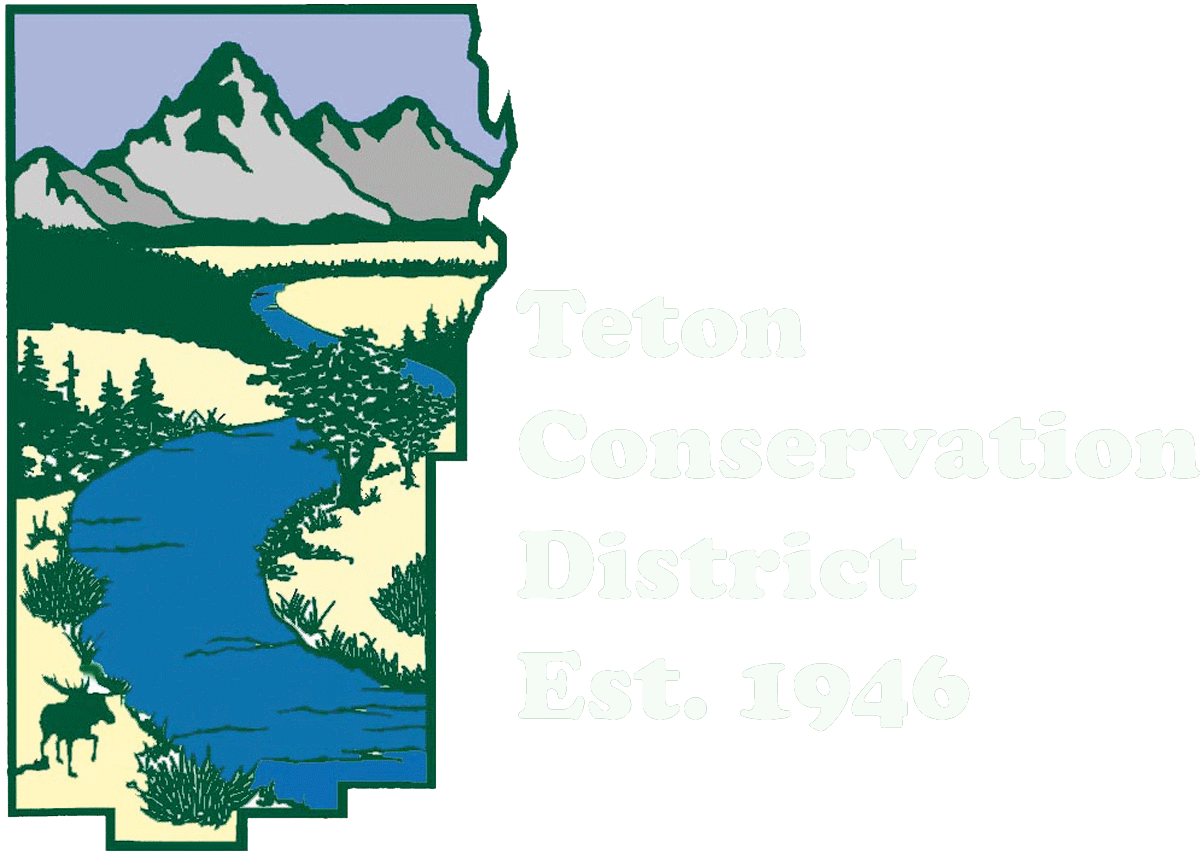By Phoebe Coburn
Chronic wasting disease (CWD) has been creeping towards Teton County for years. Now that it has officially reached our valley, it can feel like it’s too late and there’s nothing to be done. However, here are some things YOU can do (and not do!) to prevent the spread of CWD, and give deer, moose, and elk their best chance of survival through the winter.
1. Do not feed wildlife. Feeding wildlife encourages them to congregate in one place for extended periods of time. Not only does this increase the likelihood of CWD and other diseases spreading among individual animals, but it also brings them (and their predators) closer to town, and closer to roads and vehicles. Furthermore, and regardless of CWD, ungulates have highly specialized digestive tracks. Feeding deer in particular does more harm than good because they can’t digest rich and out-of-season foods. Introducing things like hay, corn, and other grains to a deer’s diet can disrupt the microorganisms in their digestive track and can kill them in a matter of days. Also, the Town of Jackson and Teton County strictly prohibit feeding of wildlife on private land.
2. Keep calm and stay informed. This article asks if CWD presents a real risk or if it’s irrational hype, and there’s no clear answer. Possible solutions are being researched, such as using humic acid to degrade CWD prions. Ultimately, this is a marathon not a sprint; it will take patience and time to address CWD.
3. Test your wild game meat. The disease has not been shown to be transmissible to humans, but hunters should have their deer, elk, and moose harvests tested for CWD. If your animal does test positive, the Centers for Disease Control and the World Health Organization recommend not consuming the animal. In Jackson, you can take the head and a portion of the neck to Wyoming Game and Fish check stations or the regional office at 420 North Cache. The National Elk Refuge is mandating that hunters have elk harvested from the refuge tested for the remainder of the 2018 season. Collection barrels for elk heads are located at the Miller House, West, and McBride hunt parking areas. Also know that the majority of CWD positive animals that are harvested appear completely normal and healthy.
4. Handle and dispose of harvested wild game properly. Take proper handling precautions, such as wearing latex gloves and minimize handling the animal’s brain and spinal cord tissues. Do not dispose of carcasses outside of the hunt area from which they were harvested. If you are disposing of part or all of a wild game carcass, you should bag the carcass in plastic and make scale attendant aware upon arrival at the Trash Transfer Station. For detailed questions call Teton County Integrated Solid Waste and Recycling at 307-733-7678.
5. Report sick animals. If you see an elk, moose, or deer exhibiting symptoms of CWD (such as weight loss, holding head in a lowered position, teeth grinding, and excessive thirst and salivation), report it to the regional Wyoming Game and Fish office in Jackson by calling 733-2321.
6. Spread the word. Share this information with your friends, family, and fellow Teton County residents.



